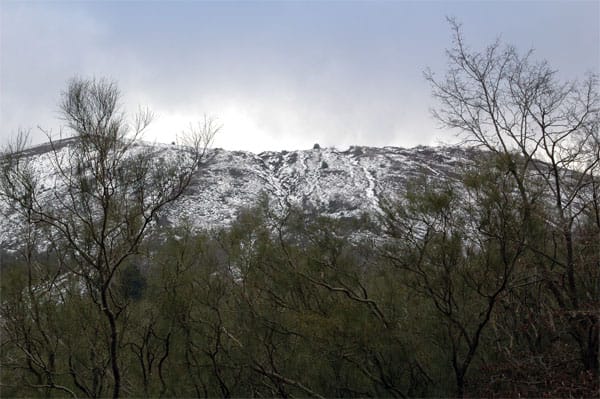Look Up
 History is not prayer. To pray is to aim for spiritual elevation while studying the past is more like plodding along. Yet perhaps history prepares the soul, even so, by teaching a simple lesson: we are not the first to pass this way.
History is not prayer. To pray is to aim for spiritual elevation while studying the past is more like plodding along. Yet perhaps history prepares the soul, even so, by teaching a simple lesson: we are not the first to pass this way.
Take, for example, the current mood of crisis in much of the world. The economy rumbles; corporations and stock exchanges shake; governments plan dramatic changes. It seems frightening, perhaps even apocalyptic, until things are put into perspective.
Troubles, we have. We are not, however, like Spartacus and his supporters two thousand years ago camped on Mount Vesuvius (then a dormant volcano). We are not homeless runaways, huddled around the fires on chilly evenings, perched high above the cities of the Italian plain. We are not forced to live on what we can hunt or gather in the woods or loot from the farms below. We do not have to communicate with each other in pidgin Latin. Nor must we wait for the inevitable clash with a Roman army.
Carving out a precarious existence in the countryside while an enemy gathers: Spartacus’s experience sums up much of human history. We can be thankful that, despite our troubled economy, our difficulties today come nowhere near that situation. Yet we might envy Spartacus’s followers their nearness to heaven. From their aerie on Vesuvius, they might have found it more natural than we do, to look up.